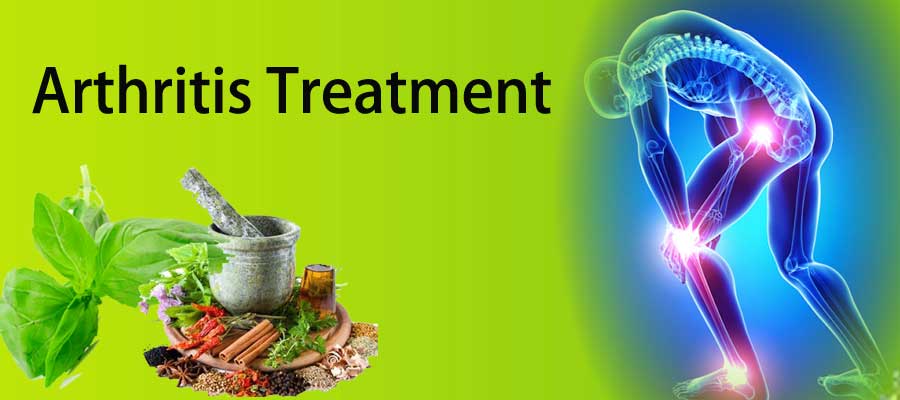
Rheumatoid arthritis is a joint disorder that involves inflammation, severe pain, stiffness, and swelling, which in the long run may cause possible weakening of the lining of different body joints. The affected joints may lose their shape that leads to loss of normal mobility. It can affect more than just one joint at the same time.
Affecting around 1% of the population, Rheumatoid arthritis (RA) has become the most common inflammatory arthritis today. The incidence is more common in women and is more prevalent in cold and damp conditions.
It primarily affects the small joints of the hands and feet and, if not treated aggressively, can be a major cause of work loss, decreased quality of life, permanent damage to the joints, and mortality. It can also cause other problems, such as inflammation in the lungs or the eyes.
The symptoms of rheumatoid arthritis keep on varying with time, depending on the extent of inflammation. Patient may experience fatigue, lack of appetite, low fever, and pain in muscle joints. The joints often become red, swollen, and painful. Stiffness is realized in morning hours after periods of inactivity.
RA is supposed to be caused by certain viruses, bacteria, and fungi, however, it has not been proved yet. Research has linked it to genetics as well as environmental factors responsible to trigger the immune system to attack body’s own tissues.
According to Ayurveda, Ama is defined as the toxins produced in the body due to imbalance in body metabolism. These toxins circulate in the whole body and get accumulated in the weaker joint and trigger the immune system leading to joint inflammation.
It most commonly begins in middle age and occurs more frequently in older people, but RA can also affect older teenagers and young adults. Heavy, long-term smoking is also considered as a “very strong” risk factor for RA.
Modern system of medicine has no cure for RA. Treatments usually involve use of painkillers, anti-inflammatories, DMARDs, immuno-suppressive agents having certain potentially serious side effects that must be carefully monitored. These drugs have bad impact on the quality of life. Some common side effects include cataract, diabetes, bone thinning and weight gain.
However, Ayurveda, offers pharmacological and bio-purificatory measures to remove the toxins (ama) from the body without any side effect. Among pharmaco-therapy there are herbal, herbo-mineral preparations & various decoctions. Ayurveda also emphasizes on healthy life style and dietary behaviour to check the pathogenesis of the disease. There are researches which prove, that an Ayurvedic line of management is a better way to improve quality of life in an RA affected patient.
The combination of highly effective herbs such as turmeric, pepper, guggulu, amla, castor oil, ginger, and ashwagandha, when taken as prescribed control inflammation of tissues, reduces high levels of uric acid, reduces pain and stiffness of the joints, improves joint motility and repairs damaged tissues and cartilage of the affected joint.
These herbs are also helpful to promote digestive fire, remove toxins, improve immunity, and correct body metabolism to cure Rheumatoid Arthritis from roots and removes its symptoms completely and naturally.
Self-care can help people manage RA symptoms.
•Eating healthy whole grains, green vegetables, beans, garlic, walnuts, cherries and fatty fish provides nourishment to your bones and muscles.
•Light exercise, such as walking, swimming or water aerobics, can help strengthen the muscles around joints.
•Applying heat may help ease pain and relax muscles, while applying cold may dull the pain.
•Relaxation techniques, such as deep breathing, meditation and yoga, can also help control pain and mental stress.
Apart from taking herbal medication and following self care tips, there are some regimens & diets to be followed as well:
• Avoid curds, fishes, milk, black gram, jaggery, spinach and other constipating foods.
• Consume horse gram, ginger, bitter gourd, drum stick.
• Always use hot water to bath & to drink.
• Avoid cold breeze.
• Consume wholesome foods.
• Empty bowel regularly.
• Don’t control natural urges.
• Avoid late night & afternoon naps.
• Stay away from stress and anxiety. Keep yourself calm.